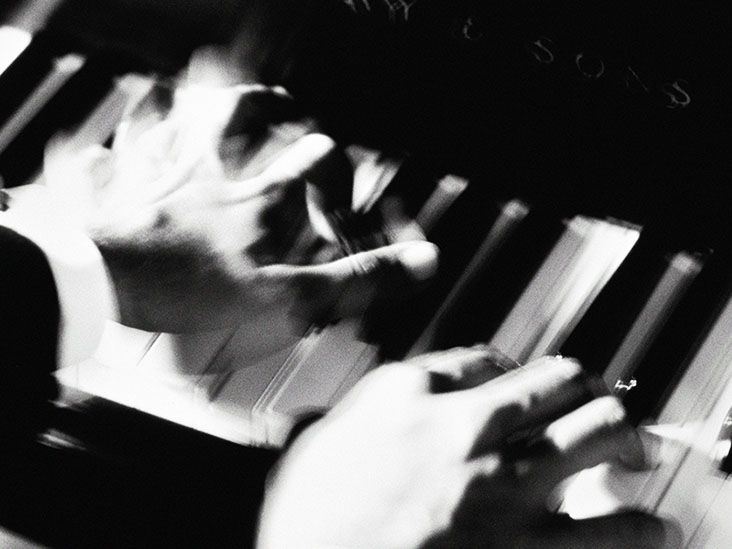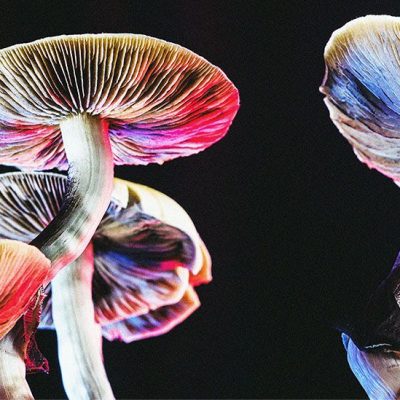Music therapy is an increasingly explored therapeutic approach that uses music to improve mental health and alleviate conditions such as depression. Recent studies highlight its effectiveness, showing that music therapy depression techniques can significantly reduce symptoms and improve emotional well-being. For instance, a study published in the Cochrane Database revealed that participation in music therapy can lead to noticeable improvements in mood and functionality among individuals struggling with depression. This innovative method not only acts as a complementary treatment alongside traditional therapies but also offers a unique pathway for emotional expression and personal connection. Statistics indicate that approximately 88% of patients reported positive effects from music therapy. Cochrane provides extensive insights into how music therapy enhances mental health outcomes, reinforcing its value in treatment plans.
Understanding Music Therapy in Treating Depression
Music therapy for depression encompasses various methods aimed at improving the psychological state of individuals by utilizing music as a therapeutic tool. This can include activities such as listening to music, songwriting, performing, or discussing music. The creative process involved in music therapy fosters a strong emotional connection, enabling individuals to express feelings they might find difficult to articulate. Such engaging methods not only provide emotional relief but also enhance cognitive and social functioning. For example, a study highlighted in PubMed Central found that individuals who underwent music therapy experienced significant reductions in depression symptoms, with results indicating lasting effects when combined with conventional therapies.
Benefits of Music Therapy for Depression Patients
The benefits of music therapy in managing depression extend beyond mere symptom relief. Patients report enhanced social interaction, improved mental agility, and increased emotional expression—all factors contributing to a better quality of life. Research has shown that engaging in music therapy can boost serotonin levels, often referred to as the “feel-good” hormone, which plays a vital role in maintaining mood balance. Importantly, music acts as a medium that transcends barriers, making it particularly effective for individuals who find traditional talk therapies challenging. As noted by recent findings from the World Health Organization, the integration of music therapy into treatment plans can offer holistic healing avenues for many experience depression.
📊 Key Information
- Enhanced Interaction: Improved social skills and engagement through group music activities.
- Cognitive Improvement: Increased mental agility associated with active participation in music-making.
Adopting Music Therapy: Techniques and Practices
Adopting music therapy in clinical settings involves several tailored techniques aimed at addressing specific needs. Techniques may include recreative therapy, where patients perform music; compositional therapy, focusing on music creation; and improvisational therapy, promoting spontaneous musical creation. Each of these methods experiences continuous refinement as therapists observe the profound emotional shifts these activities inspire. Furthermore, studies indicate that those who participate actively in music creation often express heightened emotional resilience. Resources provided by Cambridge University Press delve deeper into effective music therapy practices.
Key Takeaways and Final Thoughts
In summary, music therapy serves as a potent ally in combatting depression by enhancing emotional well-being and social connections. Integrating music therapy into traditional treatment modalities not only reinforces mental health improvement but also paves the way for innovative therapeutic interactions. Important takeaways highlight the significant emotional relief and functional improvements impacted by music therapy. To better understand this therapeutic approach, consider exploring more at PubMed and the effectiveness of various techniques utilized in treatment.
❓ Frequently Asked Questions
How does music therapy reduce symptoms of depression?
Music therapy enhances emotional expression, promotes social interaction, and stimulates positive chemical responses in the brain, leading to improved mood and reduced depressive symptoms.
What are the types of music therapy available?
Music therapy includes various techniques such as active music-making, receptive methods like listening, songwriting, and improvisation, tailored to meet individual needs.
To deepen this topic, check our detailed analyses on Mental Health section







